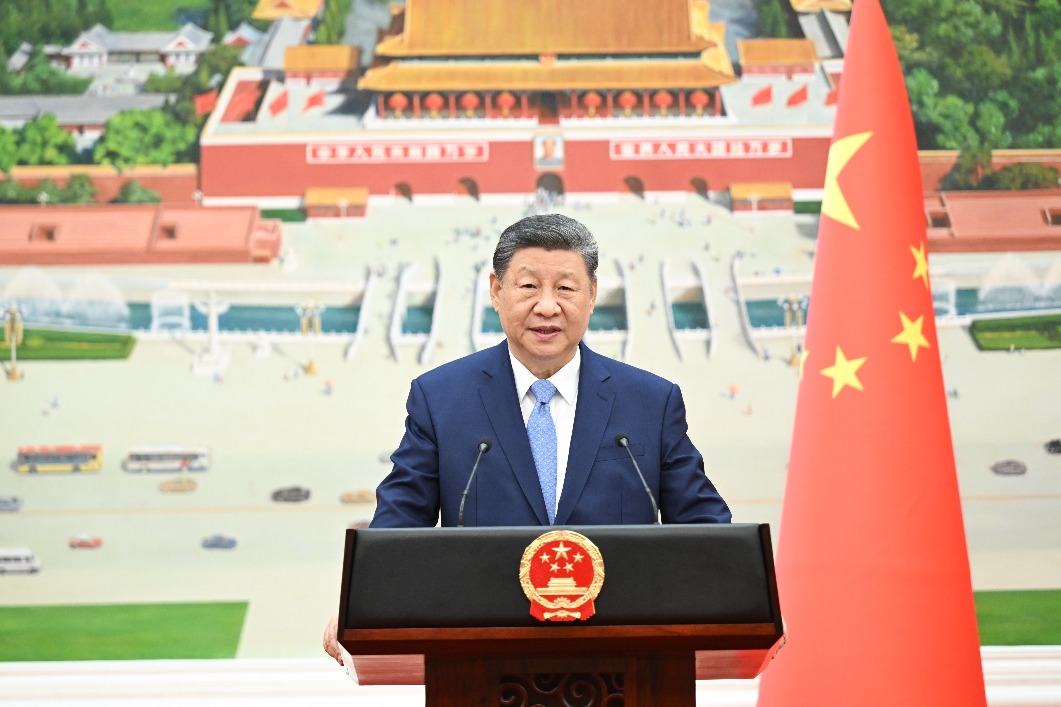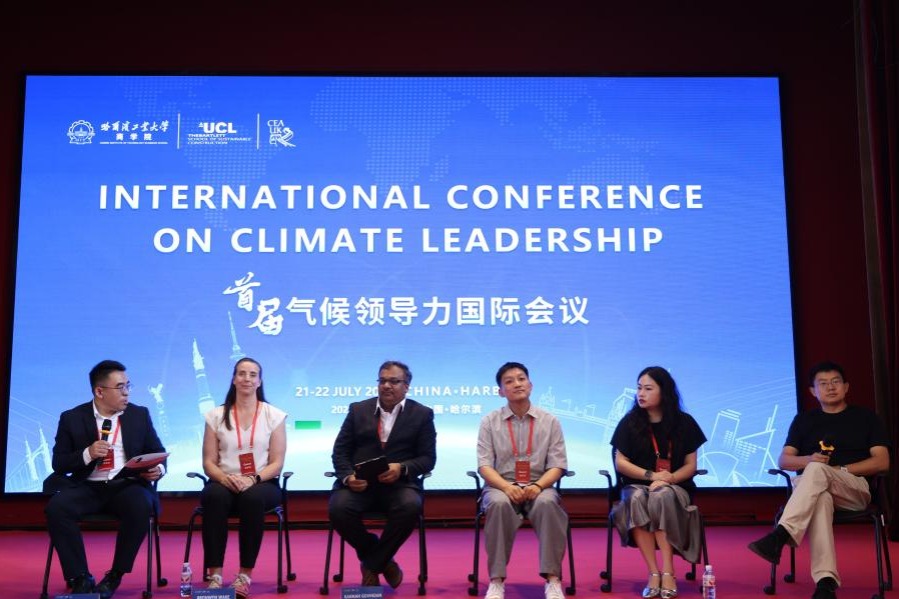Fix it before it goes broke


China, Africa must not allow trade issues to grow into big problems
China's trade with Africa is scaling new peaks and likely to have surpassed $200 billion last year. The saying is: "If it ain't broke, don't fix it". Yet, rapidly increasing trade between the two sides says little about the structure and its sustainability. We should address problems before they become large.
By and large, China's trade with Africa has been uneven. On average, between 2006 and 2010, six countries account for almost two-thirds of all trade, namely South Africa, Angola, Sudan, Nigeria, Egypt and Algeria. These countries are mostly raw material sources for China, selling their oil, iron ore, diamonds or cotton, and importing manufactured goods.
This relationship is not necessarily exploitative, as overall, trade is beneficial for both sides. Chinese demand provides markets for African products and has contributed to economic growth in African countries, while African consumers buy inexpensive goods made in China. Yet, there are problems with the current system.
The current trade structure undermines the perception of China as a Southern partner. China-Africa trade is mostly about buying raw materials and exporting manufactured goods. It thus follows a pattern similar to, say, European-African trade or US-African trade. The South-South dimension of the trade is not clear. In order to provide a different quality, more attention will have to be given to building production structures in Africa, leading to more balanced trade.
South African President Jacob Zuma mentioned the imbalances in trade during his address at the Forum for China-Africa Cooperation in July last year. His predecessor Thabo Mbeki had also made similar statements at the 2006 forum. There have been attempts by China to invest in African capacities, but they are still too few.
Chinese investments in Africa also need to be better monitored. African regulations are different from those in China, and they are often not evenly implemented. However, it cannot be in the long-term interest of China to use these loopholes instead of trying to fix them - at home and abroad.
While trying to fix the problem, there are different factors to consider: entrepreneurs seek profit, while states may seek harmonious and mutually beneficial relations.
Enterprises will thus have to be monitored - also in a market economy - in order to avoid a "Wild West" situation that, in the long run, undermines trust in the partner. This may need to include thinking about reforms in how aid projects are done: if the implementing structure (usually an enterprise) is not properly checked upon, the quality of the product it delivers might not be sufficient.
This could be the task of an institution dedicated to formulating goals and terms of references for cooperation projects, just like they exist in Brazil, India or - soon - in South Africa. The respect for these terms will then have to be checked on the ground, in the partner country, including by the Chinese side, as possible violations are attributed to "the Chinese", often without distinction. This is unfair, but a fact of life to deal with rather than to complain about.
Sustainability often includes environmental aspects. China needs to technologically upgrade, establish its own brands and create competitive "green industries". Africa, for its part, needs investments and innovations in energy. There are opportunities for green investments in Africa, not least with regard to renewable energy. This is a win-win opportunity to apply Chinese technology, to invest in African capacities - and to improve global reputation. We should address these issues while they are still small and manageable - instead of leaning back and waiting for problems to grow.
The author is director of the Centre for Chinese Studies at Stellenbosch University, South Africa. The views do not necessarily reflect those of China Daily.






























